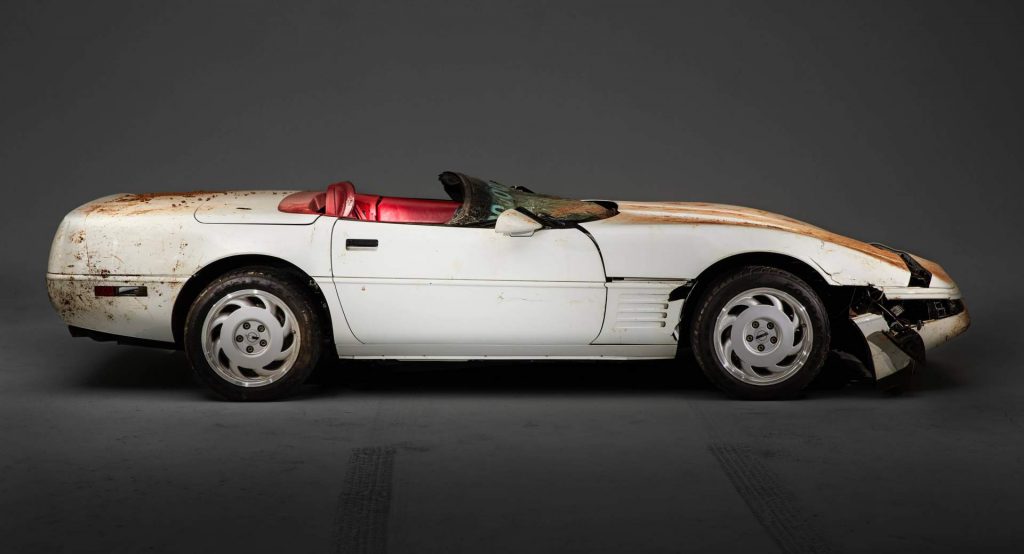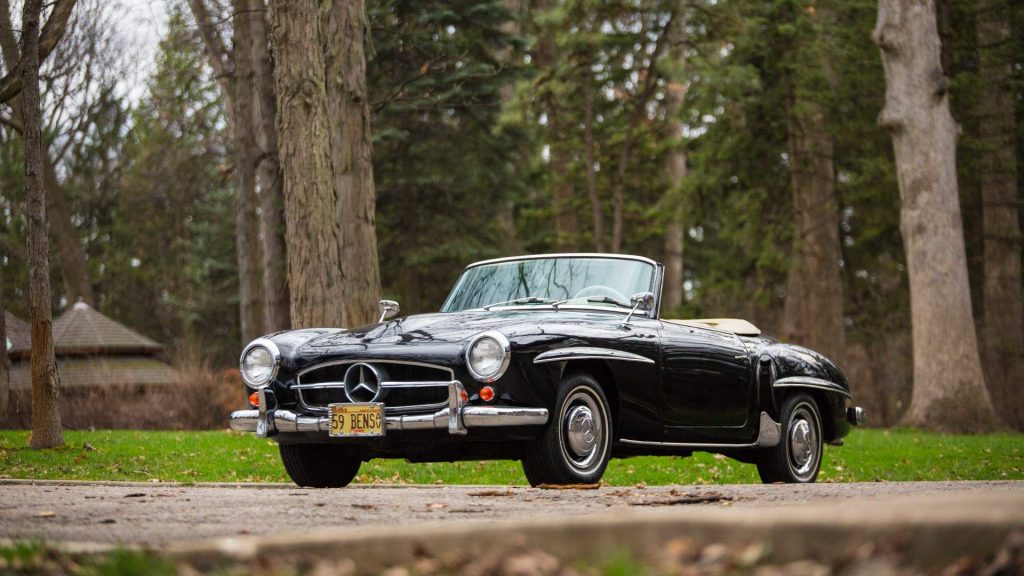Companies that export new cars and new parts into the United States aren’t the only ones that will be affected by the Trump’s administration proposed auto and auto parts tariffs.
The classic car market, which is worth around $1.5 billion a year in the US, will become a collateral victim if exemptions for classic cars, trucks and motorcycles aren’t made.
Specialized insurer Hagerty Group warns that the classic car market isn’t restricted to wealthy collectors. The average classic vehicle’s value is under $35,000, meaning that most collectors are regular people who can’t afford to pay a 25-percent duty on a car import.
According to a report from CBS News, the classic car market makes up about 5 percent of the total vehicle market. In the US, a car qualifies as a classic if it’s at least 25 year old.
Obviously, vintage car dealers and owners are displeased with the proposed tariffs, and some of them gave testimony last month at the Commerce Department asking that classic and antique cars be exempted from the planned import fees.
They argue that tariffs will hurt everyone from the upscale dealer to garage mechanics working on old cars because all of them need to import vehicles and parts to make a living.
Mark Hyman, who runs Hyman Ltd, one of country’s largest classic car dealerships, claims the protectionist trade practice “has a potential – and a probable – impact that’s dangerous, disastrous, catastrophic” for the specialized industry. For example, import duties on a classic car worth $1 million currently sit at about $25,000. When and if the tariffs go into effect, the owner will have to pay a $250,000 tax for the same car.
The President wants to impose a levy of up to 25 percent on auto parts as well, leading many people involved in the business to believe that would make tinkering too expensive for most classic car owners.
Auto parts for new, used and classic cars make up a big slice of the auto industry, with estimated annual sales of $392 billion each year. It employs about 4.6 million people across 530,000 businesses that include manufacturers, distributors, retailers and repair shops.





